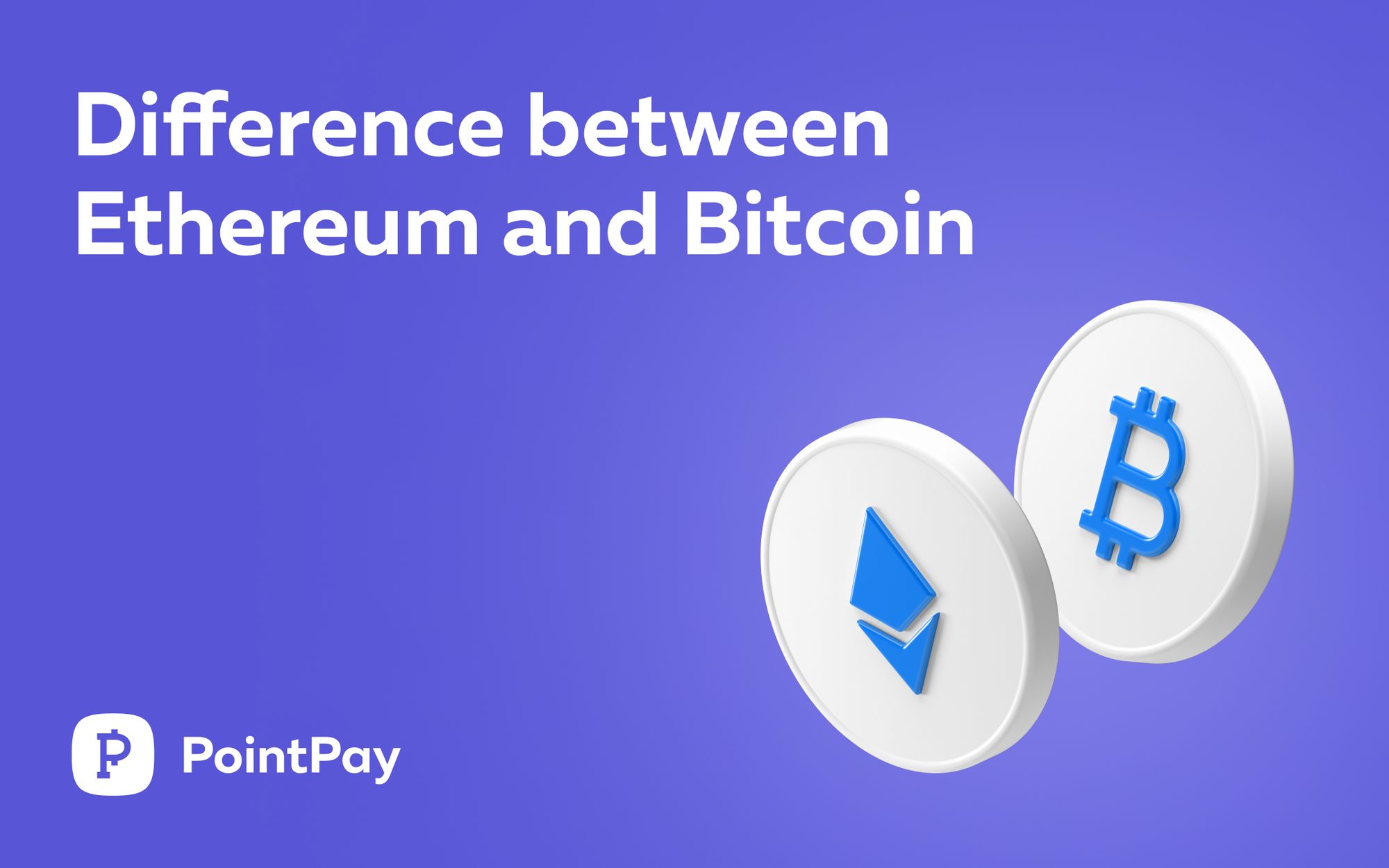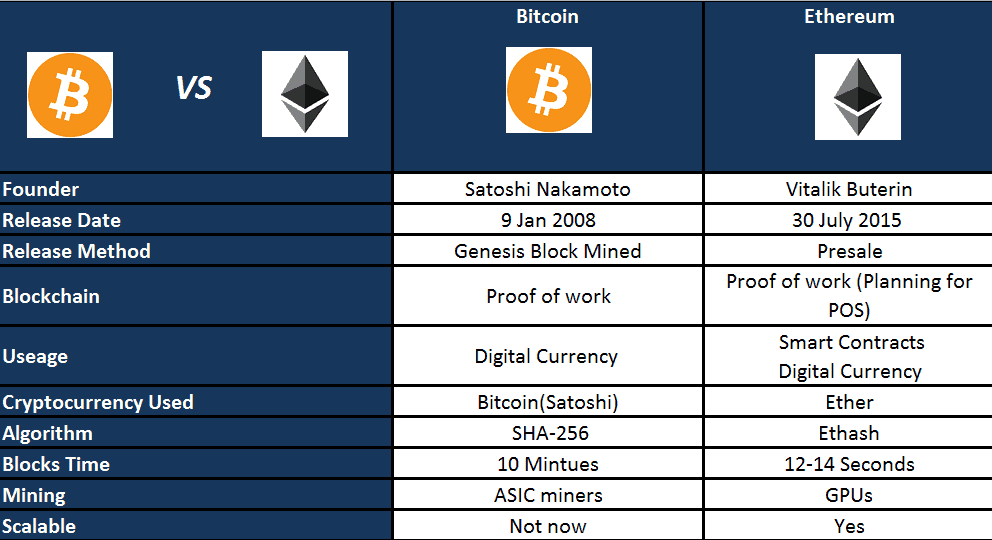Difference Between Bitcoin And Ethereum Wallet Explained
When it comes to the world of cryptocurrency, understanding the difference between bitcoin and ethereum wallet is crucial for anyone looking to navigate this digital financial landscape. These wallets serve as the key to managing your assets effectively, but their functionalities can differ significantly based on the underlying cryptocurrencies they support.
From hot wallets designed for quick access to cold wallets that prioritize security, both bitcoin and ethereum wallets offer unique features tailored to their respective networks. This exploration will shed light on what sets them apart, helping users make informed choices for their digital investments.
Overview of Wallets
Wallets play a crucial role in the world of cryptocurrency. They are digital tools that allow users to store and manage their cryptocurrencies securely. Without wallets, accessing and utilizing digital assets such as Bitcoin and Ethereum would be a daunting task.There are two primary types of wallets: hot wallets and cold wallets. Hot wallets are connected to the internet and are typically more convenient for everyday transactions.
However, they are more susceptible to hacks and security breaches. In contrast, cold wallets are offline storage solutions that prioritize security, making them less vulnerable to online threats. Regardless of the type of wallet chosen, the importance of security cannot be overstated as it protects users from potential losses and cyber attacks.
Bitcoin Wallets

There are several types of Bitcoin wallets available, each catering to different user needs and preferences. These include desktop wallets, mobile wallets, web wallets, hardware wallets, and paper wallets. Desktop wallets are installed on a computer, while mobile wallets are designed for smartphones. Web wallets run in a browser, making them easy to access from any device. Hardware wallets provide a high level of security, while paper wallets involve printing out the Bitcoin private keys.Bitcoin wallets come with unique features tailored to the Bitcoin ecosystem.
For example, many Bitcoin wallets support the Segregated Witness (SegWit) protocol, which enhances transaction efficiency. Additionally, wallets often provide users with the option to manage multiple addresses, enabling better organization of funds.Popular Bitcoin wallets include:
- Electrum: A lightweight wallet known for its speed and security features.
- Ledger Nano S: A hardware wallet that provides offline storage for enhanced security.
- Exodus: A user-friendly wallet that supports multiple cryptocurrencies alongside Bitcoin.
Ethereum Wallets

Ethereum wallets come in various forms, similar to Bitcoin wallets. Users can choose from software wallets, hardware wallets, and web-based wallets, each with distinct functionalities. Software wallets are further categorized into desktop and mobile versions, while hardware wallets offer the highest security by keeping private keys offline.The functionalities of Ethereum wallets are often tailored to support Ethereum's unique features, such as Smart Contracts and tokens built on the ERC-20 standard.
This allows users to manage not only Ether (ETH) but also a variety of tokens in a single wallet.Some widely used Ethereum wallets include:
- MyEtherWallet: A web-based wallet that allows users to create wallets and manage their assets easily.
- MetaMask: A browser extension that acts as a wallet for Ethereum and ERC-20 tokens, facilitating seamless interaction with decentralized applications (dApps).
- Ledger Nano X: A hardware wallet that provides support for both Bitcoin and Ethereum, with Bluetooth connectivity for mobile use.
Key Differences Between Bitcoin and Ethereum Wallets
When comparing Bitcoin and Ethereum wallets, certain key differences become apparent. Security measures vary significantly between the two. Bitcoin wallets tend to have robust security features such as multi-signature support, while Ethereum wallets emphasize smart contract functionalities, which may introduce additional risks if not properly managed.Transaction speeds and costs also differ. Bitcoin transactions can take longer to confirm during peak times due to network congestion, while Ethereum generally offers faster transaction times, although gas fees can fluctuate widely based on network demand.The following table highlights key features of Bitcoin vs.
Ethereum wallets:
| Feature | Bitcoin Wallets | Ethereum Wallets |
|---|---|---|
| Security | Multi-signature, Hardware support | Smart contract integration, User-controlled keys |
| Transaction Speed | Variable, can be slow | Generally faster |
| Fees | Dynamic, based on network usage | Gas fees, can be higher during congestion |
User Experience and Accessibility
The user interface of Bitcoin and Ethereum wallets can vary significantly, affecting how easily users can manage their assets. Bitcoin wallets often focus on simplicity and ease of use, while Ethereum wallets may offer more complex features due to the additional functionalities associated with smart contracts.Accessibility also differs between wallet types. Bitcoin wallets are more widely adopted and available, making them easier for new users to find and use.
In contrast, Ethereum wallets may require a bit more knowledge due to their integration with decentralized applications and token management.User feedback on both wallet types indicates a preference for intuitive interfaces and strong customer support. Many users appreciate wallets that offer educational resources to help them better understand how to manage their cryptocurrencies.
Wallet Integration with Exchanges
Bitcoin and Ethereum wallets integrate with cryptocurrency exchanges to facilitate seamless transactions. Generally, both types allow users to deposit and withdraw funds easily; however, the processes can differ slightly. Bitcoin transactions may require a confirmation period, while Ethereum transactions can be processed more quickly due to their network structure.Transferring funds between wallets and exchanges is typically straightforward. For Bitcoin, users need to ensure they have the correct wallet address, while Ethereum users often have the same requirement, with additional considerations for token transfers, which might involve different token contracts.
Future Trends in Wallet Development

The future of wallet development for both Bitcoin and Ethereum is likely to be influenced by advancements in technology. Innovations such as biometrics and multi-factor authentication are expected to enhance security measures. Additionally, the user experience is anticipated to improve through more intuitive designs and streamlined functionalities.Anticipated features that users desire in future cryptocurrency wallets include:
- Enhanced security protocols, such as biometric authentication.
- Improved compatibility with decentralized applications (dApps).
- Advanced portfolio tracking features for better asset management.
- Integration with traditional banking systems for easier fiat transactions.
Final Review
In summary, the difference between bitcoin and ethereum wallet lies in their security features, transaction costs, and user experiences. As the cryptocurrency landscape continues to evolve, staying informed about these differences will empower users to choose the right wallet that suits their needs and enhances their cryptocurrency journey.
Common Queries
What is a cryptocurrency wallet?
A cryptocurrency wallet is a digital tool that allows users to store, send, and receive cryptocurrencies securely.
Are bitcoin and ethereum wallets the same?
No, bitcoin and ethereum wallets have different features and support their respective cryptocurrencies in unique ways.
Can I use a single wallet for both bitcoin and ethereum?
Some wallets support multiple cryptocurrencies, but specific wallets for bitcoin and ethereum are usually recommended for optimal management.
How do I choose the right wallet?
Consider factors like security, ease of use, and the specific cryptocurrencies you plan to hold when choosing a wallet.
Are there fees associated with using wallets?
Yes, wallets may have transaction fees, and these can vary between bitcoin and ethereum transactions.


